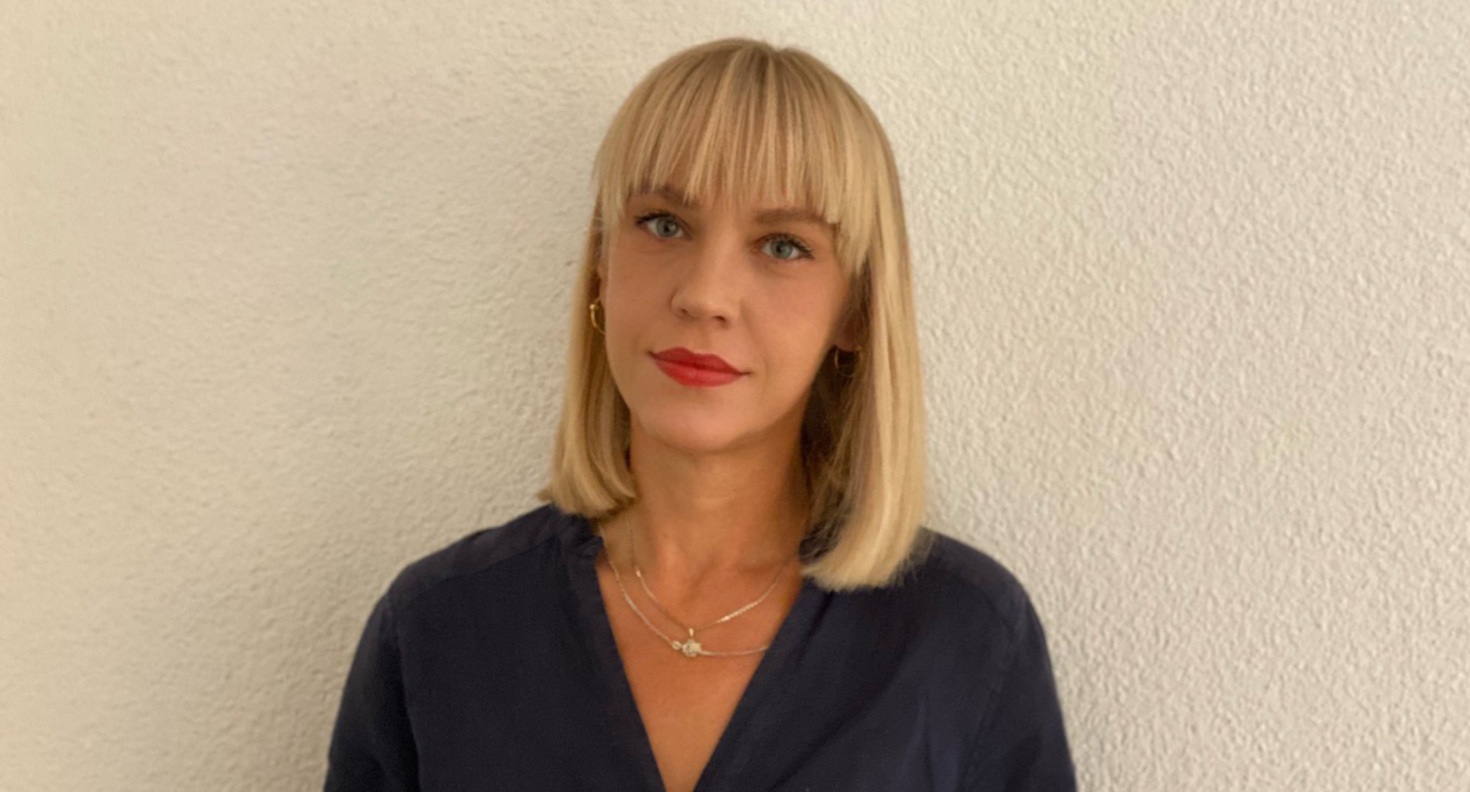Training Police Officers to Better Protect Survivors of Violence in Bosnia and Herzegovina
Date:
Police officers are among the first points of contact for women who want to break the cycle of domestic violence in Bosnia and Herzegovina (BiH). Their actions often determine the future steps, both by the woman who reports the violence, but also by other institutions providing services for survivors of violence.
Since 2019 more than 100 police officers have participated in training to improve their skills to response to cases of domestic violence in Bosnia and Herzegovina (BiH). This effort is aimed at standardizing the way police response to incidents of domestic violence across BiH, ultimately contributing to the protection of survivors.
The training sessions are run by police institutions across cantonal ministries of Interior in BiH[1], UN Women, with the support of Sweden, developed the training curricula and modules used by the police institutions to train and sensitize their officers on the management of domestic violence and gender-based violence cases.
Under this approach, police officers are trained in line with standardized methodology and regulations as well as international standards using the Manual for Training of Police Officers on Response to Cases of Domestic Violence and Violence against Women, developed by UN Women and partners. The training is updated regularly to reflect changes in legislation and developments in practice.
The training covers how to provide immediate protection, implementing protective measures and vulnerability risk assessments of the survivor. It also sensitizes police officers on equality, challenging traditional gender roles. So far, the experience shows that after the training, participants demonstrate greater and better responsiveness when it comes to ensuring that all reported cases of violence are followed with a request for a protective measure.
“Survivors of violence who approach the police are seeking protection from the system and expect to receive help and support. This signals there is a certain level of trust, which must not be betrayed in any way. If the survivor does not receive the support she needs during the first contact, her trust in the system decreases”, says Nina Karađinović, Project Coordinator at Lucid Linx, a consulting firm partnering with UN Women to implement the project. “This can discourage survivors from reporting violence and testifying, which is of immense importance in the criminal proceedings,” she adds.
Non-governmental organizations working at the community level often find that survivors of violence are reluctant to seek help from institutions that are supposed to protect them, in particular the police. This can be attributed to negative experiences that many survivors have had in the past, explains Jasna Zečević, President of Vive Žene, a local association in Tuzla, advocating to improve the status of women survivors of violence.

The project engages trainers trusted by the police officers, including professionals with many years of experience on domestic and gender-based violence cases. One of the regular trainers is Goran Telalović, a retired police officer with 20 years of experience, including on gender-based violence cases, both as an officer and a commander. For him, training the police force on how to better respond to cases of violence against women is particularly important.
“Laws get adopted, published in official gazette and some read them, and others do not. There were many novelties introduced by the Istanbul Convention, requirements became stricter in relation to domestic violence situations, and we came to realize that things were not functioning properly,” says Telalović.
While time and additional research is needed to better understand the positive impact of training police officers, some improvements are already evident. “We are seeing an increase in the number of reports of violence against women, as well as a considerable increase in requests for protective measures,” says Nina Karađinović. Vive Žene also confirms noticeable results in the work with police officers: In the last three years, the number of requests for protective measures filled by police officers per reported cases increased from 20 to 59 per cent.
This effort will continue, with at least 50 additional police officers set to receive training. Meanwhile, modules on responding to cases of domestic violence and violence against women have been integrated into the regular curriculum of the Police Academy in Sarajevo. This gives cadets an opportunity to learn about the importance of their role as police officers in supporting survivors from the very start of their careers in the force.
[1] The Federation of Bosnia and Herzegovina consists of ten cantons.